Fall and redemption of Becker and Wiggins shows sporting glory does not deliver purpose or meaning | Cath Bishop

Viewed through one end of the lens, the two new autobiographies from the sporting legends Boris Becker and Bradley Wiggins might seem like classic tales of the downfalls of two deeply flawed heroes who then claw their way back to redemption.But viewed through the other end of the lens, we see troubling portrayals of an extremely inhumane and, at times, unsafe world of sport where talent is no saving grace, in fact it’s more of a liability.There are striking similarities between the stories of two different characters, sports, countries and generations.Both went bankrupt.Both made bad choices and admit their agency in their own demise.
Both hit rock bottom and found themselves stripped bare of all dignity, be it in a prison cell or snorting cocaine in a toilet.Becker was convicted by a British court on four counts out of 24 and ended up in prison, surrounded by drug addicts.Wiggins writes that he was abused by his youth cycling coach and after sport became hooked on cocaine on a path that he himself admits could easily have ended behind bars.Both were massively failed by trusted adults around them in positions of authority.At only 17 after winning Wimbledon and reaching the heights of success, Becker feels desperately restricted by others around him: “I’m living in a box … I need to enjoy what I do.
I need to feel free,And I’m not allowed,” He describes this as “the moment everything changed,The moment my path was set”,Wiggins was failed right from the start.
Already “abandoned” by his father who left home when he was two years old, he suffers the twisted torment of his formative youth coach who he says sexually abused him while at the same time being the person who made him believe in his capabilities on a bike.Wiggins’s story reminds us of the unequivocal need to keep children safe in sport, and how easily abusers can operate, particularly with vulnerable children from unstable homes.While this took place 30 years ago, stories of abuse in sport continue.There is still no independent structure to set and uphold coherent standards for safe sport in this country, despite shifts across society in recent times that have led to independent structures being established across sectors from education, the church and the creative industries.As an adult, Wiggins continues to suffer at British Cycling and Team Sky.
On reaching out to Team Sky to admit “I’m really struggling”, Wiggins claims he is told to “pull yourself together”,Dave Brailsford is, in the good times (ie when he is winning), like a brother to Wiggins, but he soon believes “I was disposable to him,I felt I could be rinsed of all use and chucked in the bin with the rest of the rubbish,” His deeply destabilising experiences of abandonment by his father seem to be devastatingly repeated by cycling’s top coach and leaders, where “the line between critical and derogatory was so blurred as to be meaningless”,Our most vivid memories of these incredible athletes at their peak flash up pictures of “Becker the Wunderkind” winning Wimbledon at 17 and falling to his knees in disbelief and joy, and images of Wiggins sitting on a throne at Hampton Court Palace having won Olympic time trial gold at the London 2012 Olympics.
In their books, Becker and Wiggins share their own perspectives.Becker rues: “If I hadn’t won Wimbledon aged 17, I would never have gone through any of this”, while Wiggins explains how snorting cocaine off his Olympic medal was a deliberate act of “disrespecting this medal, this particular medal, because I blame it for the person I’ve ended up”.Wiggins states that his “definitive answer” to the frequently asked question of what it’s like to win the Tour de France is: “It’s like doing drugs.It gives you everything you’ve ever asked for in that moment, but it takes so much more from you in return.” It’s about as far as you can get from the dream that talented youngsters in sport are promised.
Neither athlete finds purpose nor meaning through sport.Becker’s motivation seems to centre around wanting to make his opponent’s mother weep, and he quickly loses discipline and motivation when he stops winning.Later, in prison, he eagerly consumes lessons on the Stoic philosophers in a course led by a pivotal guiding figure who runs the prison gym, filling a hole of meaning that sport never filled.For Wiggins, cycling is an escape from “a lifelong lack of self-worth,” but ultimately “sporting glory can never magic away scar tissue”.He lacks personal support during his sports career, though reconnecting with his children and breaking his father’s parenting patterns, the enduring friendship with Mark Cavendish and finding a new partner gradually move him forward.
Both sportsmen reflect on moments of bitterness and jealousy towards key rivals: for Becker it’s Michael Stich who beat him and shocked him out of his complacency in his final Wimbledon.They win a historic Olympic gold for Germany playing doubles yet barely speak to each other nor celebrate the win afterwards.For Wiggins, the mistrust with Chris Froome is so great that Wiggins can’t be trusted to be part of the Sky team to support Froome to win the Tour de France, despite his performance levels.Both Becker and Wiggins find huge comfort and much-needed resolution when these relationships right themselves years later, with Stich writing a powerful, moving letter to Becker in prison, and Wiggins reaching out to Froome years later to make amends.Zooming out, the loudest message from these stories is that deep, trusted relationships are what matter above all else.
Trophies and medals don’t last: Becker sells his to pay off mounting debts, and Wiggins smashes his Sports Personality of the Year trophy and knighthood box in front of his children because they only bring him “more grief”.To the extent each has found redemption, it has come largely from relationships outside the sporting world, from trusted friends, genuine love and finally finding who they each are beyond the sporting identity that defined them for so long.Naturally, elite sport is tough and neither of these athletes disputes that.But it’s hard to look at these phenomenal sportspeople and accept these experiences as the necessary, even inevitable “price of winning”.These are not stories to inspire the next generation or reinforce sport’s capacity to unlock human potential and reinforce basic social values.
Sport is often described as having the power to change the world.But these stories – which must sit alongside many stories that will never be heard – show that sport needs to change itself first if this is ever to become possible.guardianbookshop.com.Delivery charges may apply.
Inside by Boris Becker (HarperCollins, £22).To order a copy for £19.80 go to guardianbookshop.com.Delivery charges may apply.

Tesla shareholders approve $1tn pay package for Elon Musk
Tesla shareholders approved a $1tn compensation plan for CEO Elon Musk on Thursday, awarding the world’s richest person what would be the largest corporate payout in history if he meets the goals necessary to receive it.The pay package, which several high-profile investors opposed, demonstrates that shareholders still believe Musk can lead the automaker in an era dominated by robotics and artificial intelligence.The result of the vote was announced at the annual shareholder event in Austin, Texas, with more than 75% of investors voting in favor of the plan. Chants of “Elon” erupted in the room at the news of its approval.“Thanks, guys,” Musk said, after briefly dancing on stage alongside the company’s Optimus robots
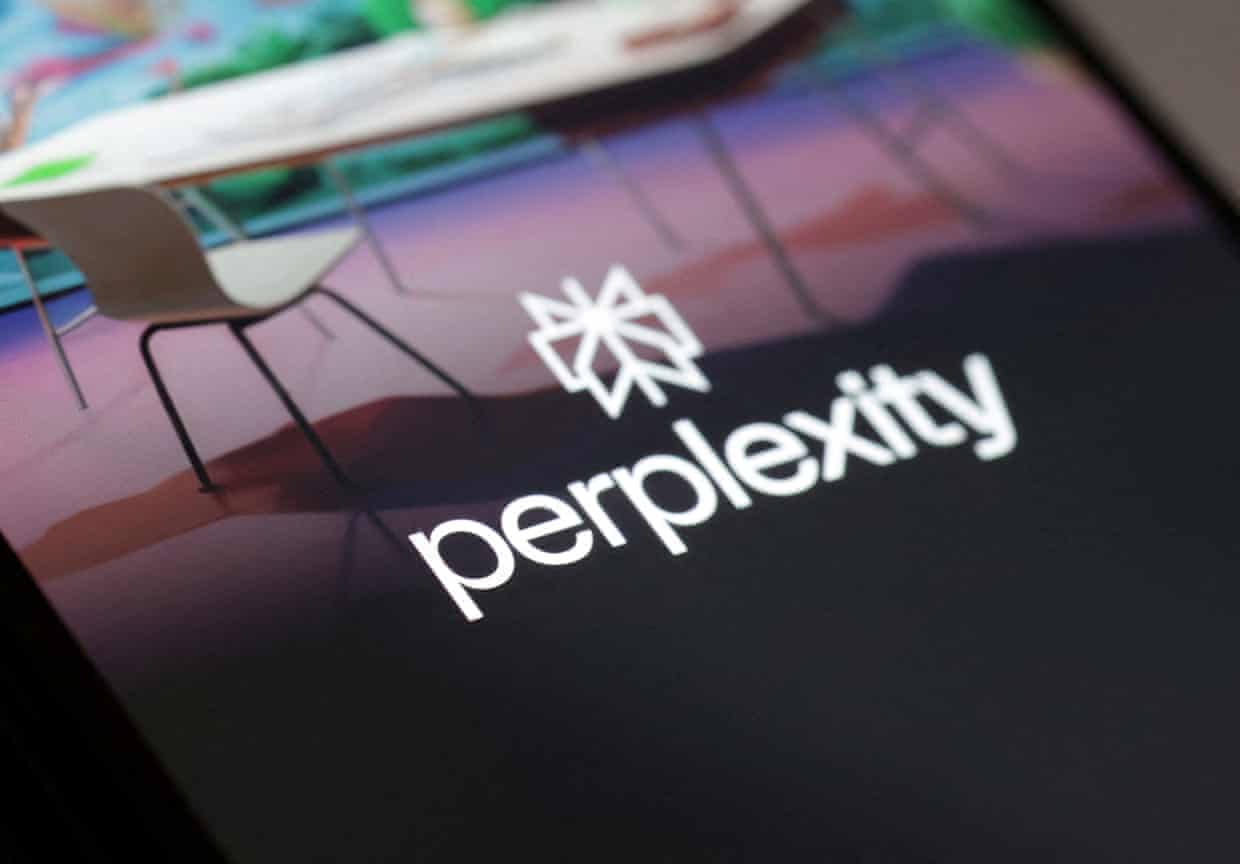
Amazon sues AI startup over browser’s automated shopping and buying feature
Amazon sued a prominent artificial intelligence startup on Tuesday over a shopping feature in the company’s browser, which can automate placing orders for users. Amazon accused Perplexity AI of covertly accessing customer accounts and disguising AI activity as human browsing.“Perplexity’s misconduct must end,” Amazon’s lawyers wrote. “Perplexity is not allowed to go where it has been expressly told it cannot; that Perplexity’s trespass involves code rather than a lockpick makes it no less unlawful.”Perplexity, which has grown rapidly amid the boom in AI assistants, has previously rejected the US shopping company’s claims, accusing Amazon of using its market dominance to stifle competition
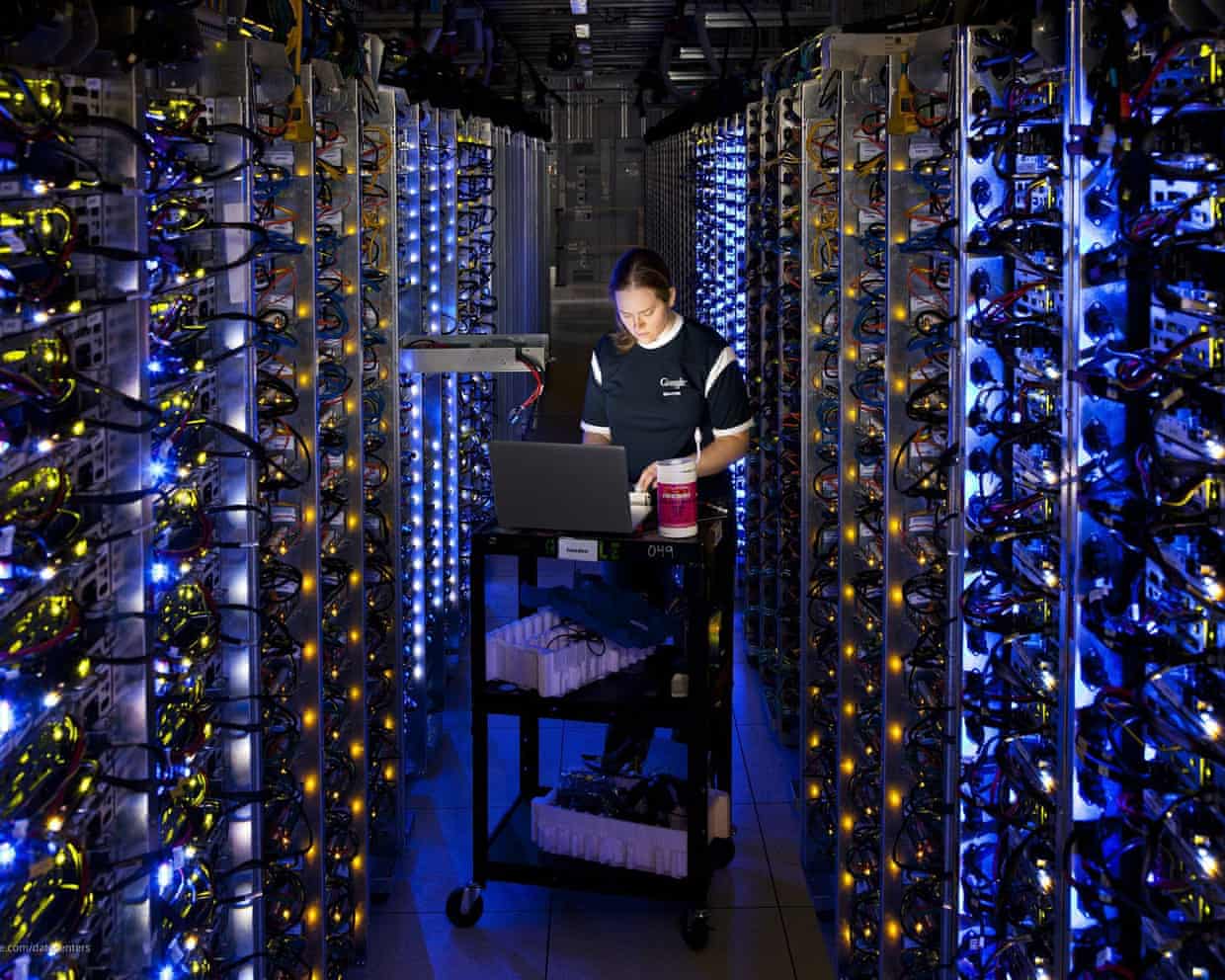
Google plans to put datacentres in space to meet demand for AI
Google is hatching plans to put artificial intelligence datacentres into space, with its first trial equipment sent into orbit in early 2027.Its scientists and engineers believe tightly packed constellations of about 80 solar-powered satellites could be arranged in orbit about 400 miles above the Earth’s surface equipped with the powerful processors required to meet rising demand for AI.Prices of space launches are falling so quickly that by the middle of the 2030s the running costs of a space-based datacentre could be comparable to one on Earth, according to Google research released on Tuesday.Using satellites could also minimise the impact on the land and water resources needed to cool existing datacentres.Once in orbit, the datacentres would be powered by solar panels that can be up to eight times more productive than those on Earth
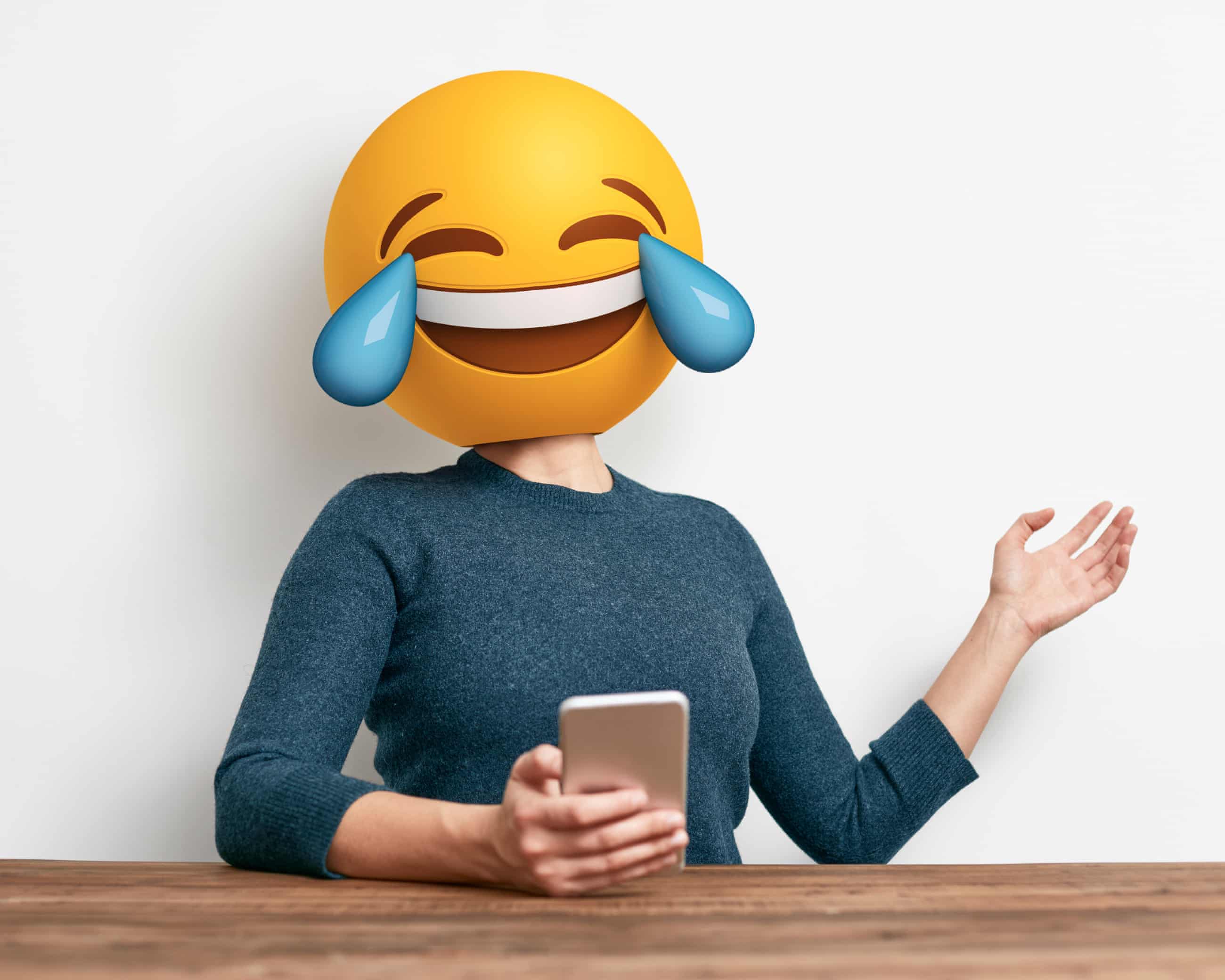
LOL: is this the ultimate texting faux pas (and what should you use instead)?
From abbreviations to happy poos, gen Z has strong opinions on appropriate texting behaviour. But can anyone keep up with the ever-changing rules?Name: “LOL”.Age: The Oxford English Dictionary first included LOL in 1997.Not to be confused with: Loll, which is what dogs sometimes do.So as in “laugh out loud”? Or laughing out loud, though David Cameron thought it stood for “lots of love” and used to sign off to Rebekah Brooks, the former Sun and News of the World editor, with a LOL
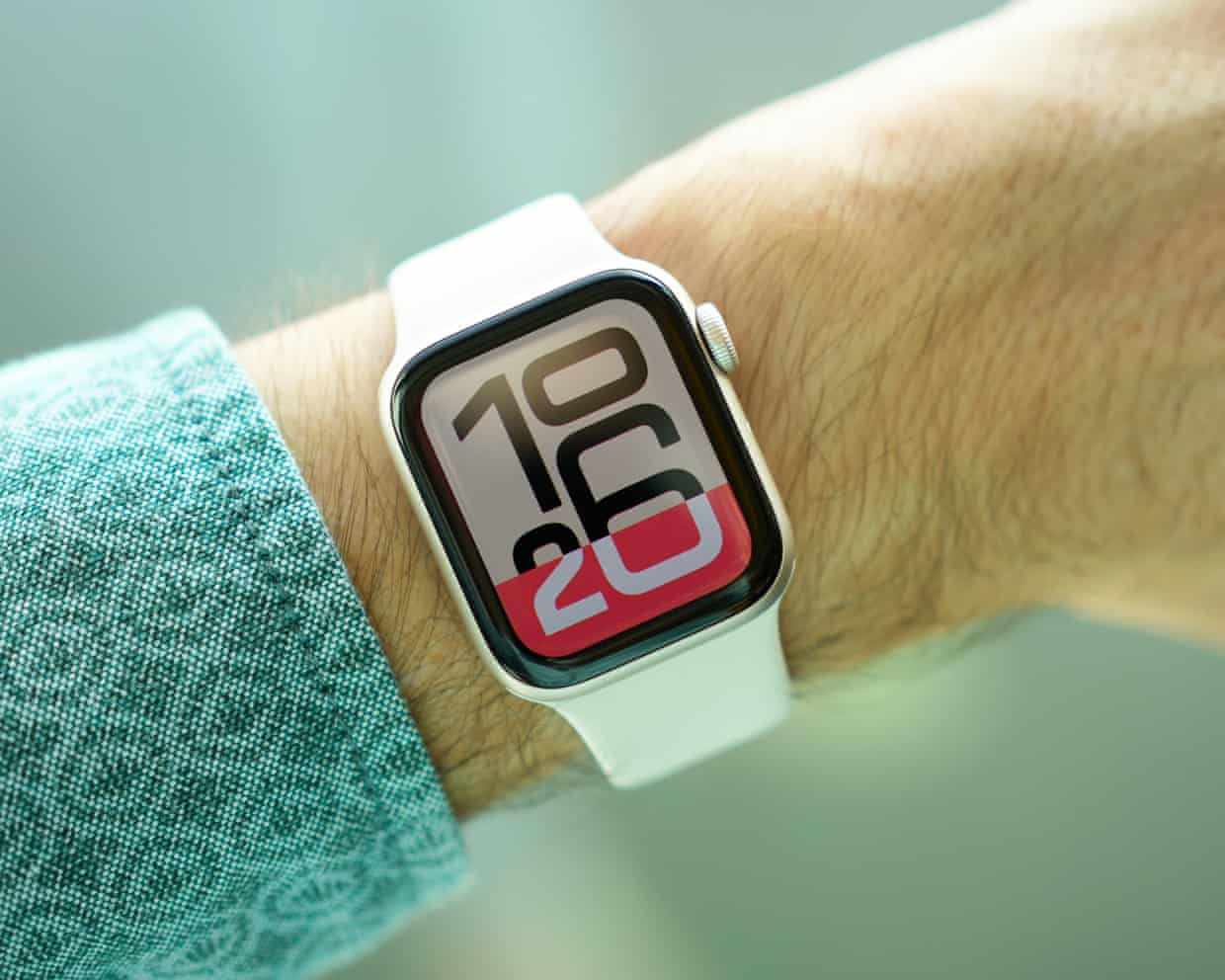
Apple Watch SE 3 review: the bargain smartwatch for iPhone
Apple’s entry level Watch SE has been updated with almost everything from its excellent mid-range Series 11 but costs about 40% less, making it the bargain of iPhone smartwatches.The Guardian’s journalism is independent. We will earn a commission if you buy something through an affiliate link. Learn more.The new Watch SE 3 costs from £219 (€269/$249/A$399), making it one of the cheapest brand-new fully fledged smartwatches available for the iPhone and undercutting the £369 Series 11 and the top-of-the-line £749 Apple Watch Ultra 3

Experts find flaws in hundreds of tests that check AI safety and effectiveness
Experts have found weaknesses, some serious, in hundreds of tests used to check the safety and effectiveness of new artificial intelligence models being released into the world.Computer scientists from the British government’s AI Security Institute, and experts at universities including Stanford, Berkeley and Oxford, examined more than 440 benchmarks that provide an important safety net.They found flaws that “undermine the validity of the resulting claims”, that “almost all … have weaknesses in at least one area”, and resulting scores might be “irrelevant or even misleading”.Many of the benchmarks are used to evaluate the latest AI models released by the big technology companies, said the study’s lead author, Andrew Bean, a researcher at the Oxford Internet Institute.In the absence of nationwide AI regulation in the UK and US, benchmarks are used to check if new AIs are safe, align to human interests and achieve their claimed capabilities in reasoning, maths and coding
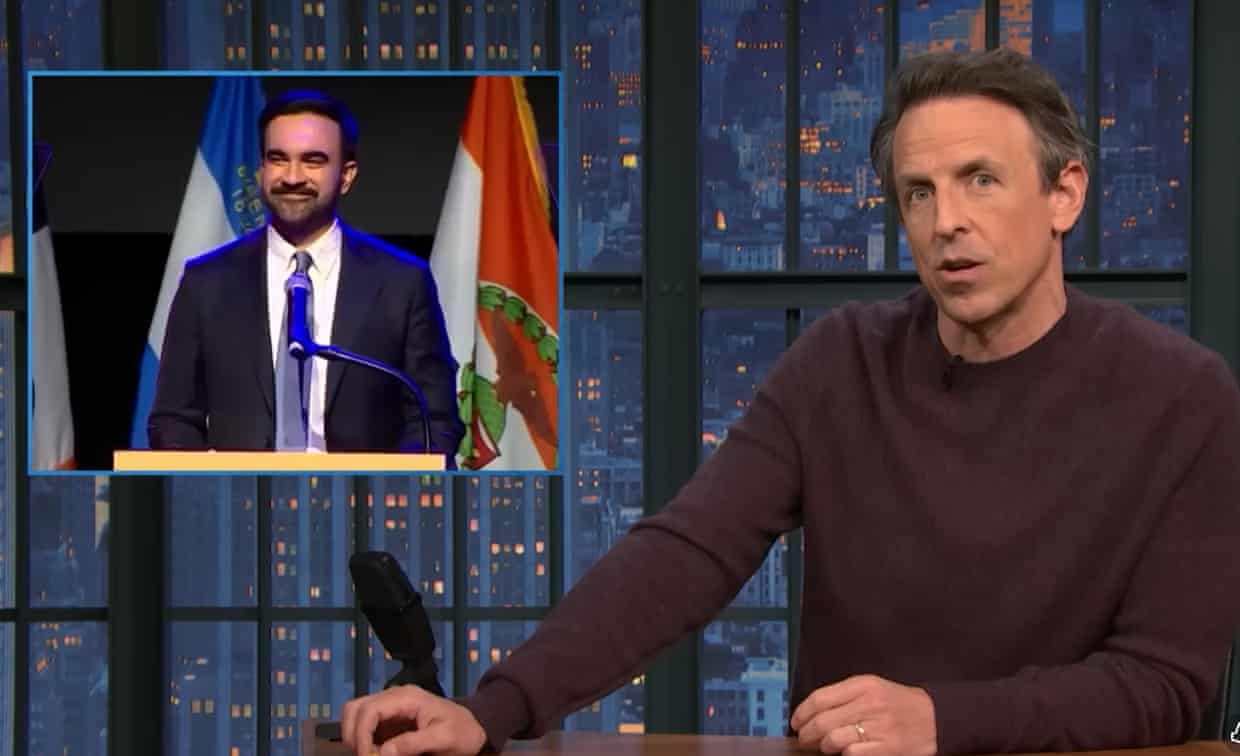
Seth Meyers on Mamdani’s win: ‘The kind of energy Democrats have been desperately seeking for years’

Garden shed of vaccine pioneer Edward Jenner added to heritage at risk register
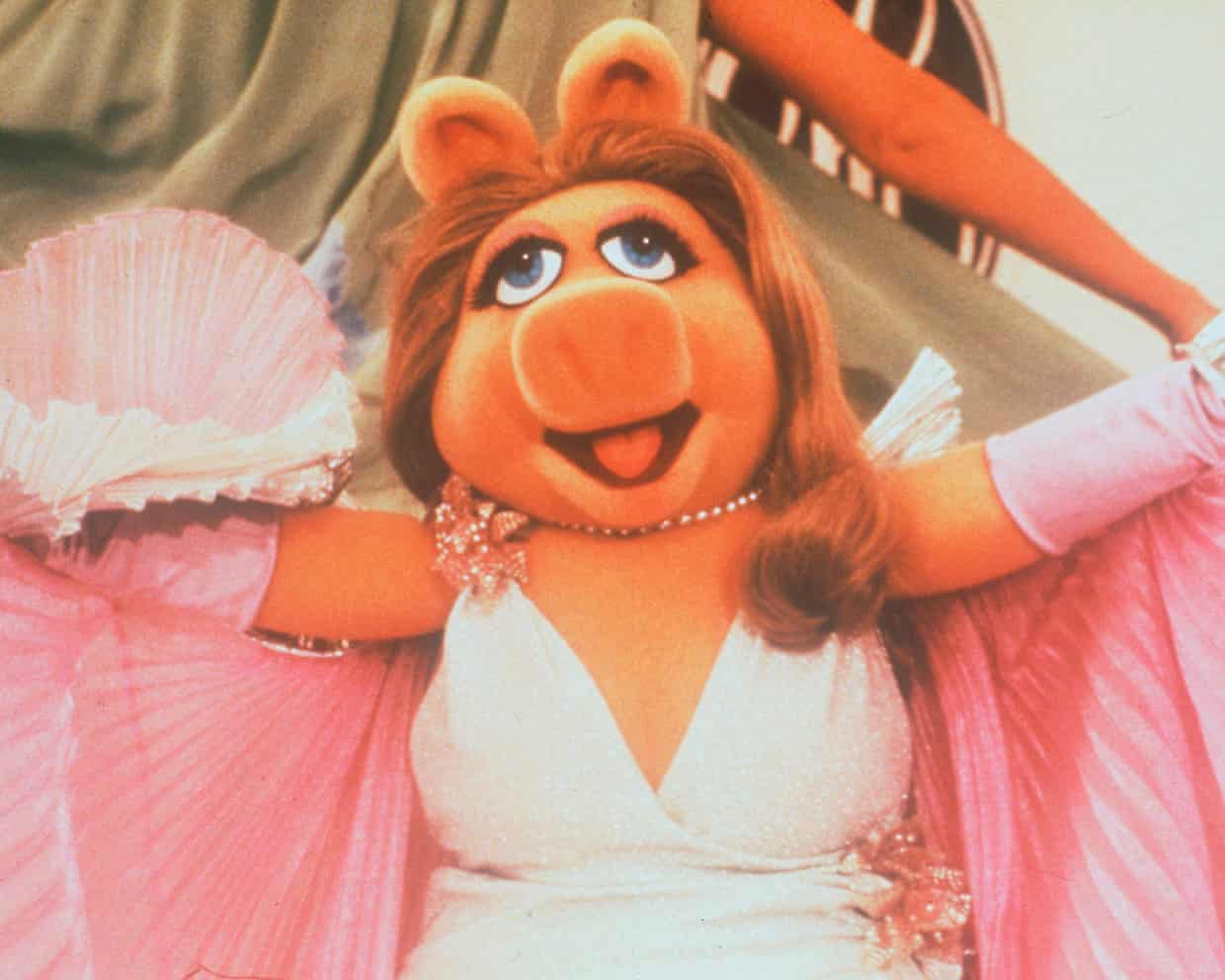
Miss Piggy movie on way from Jennifer Lawrence, Emma Stone and Cole Escola
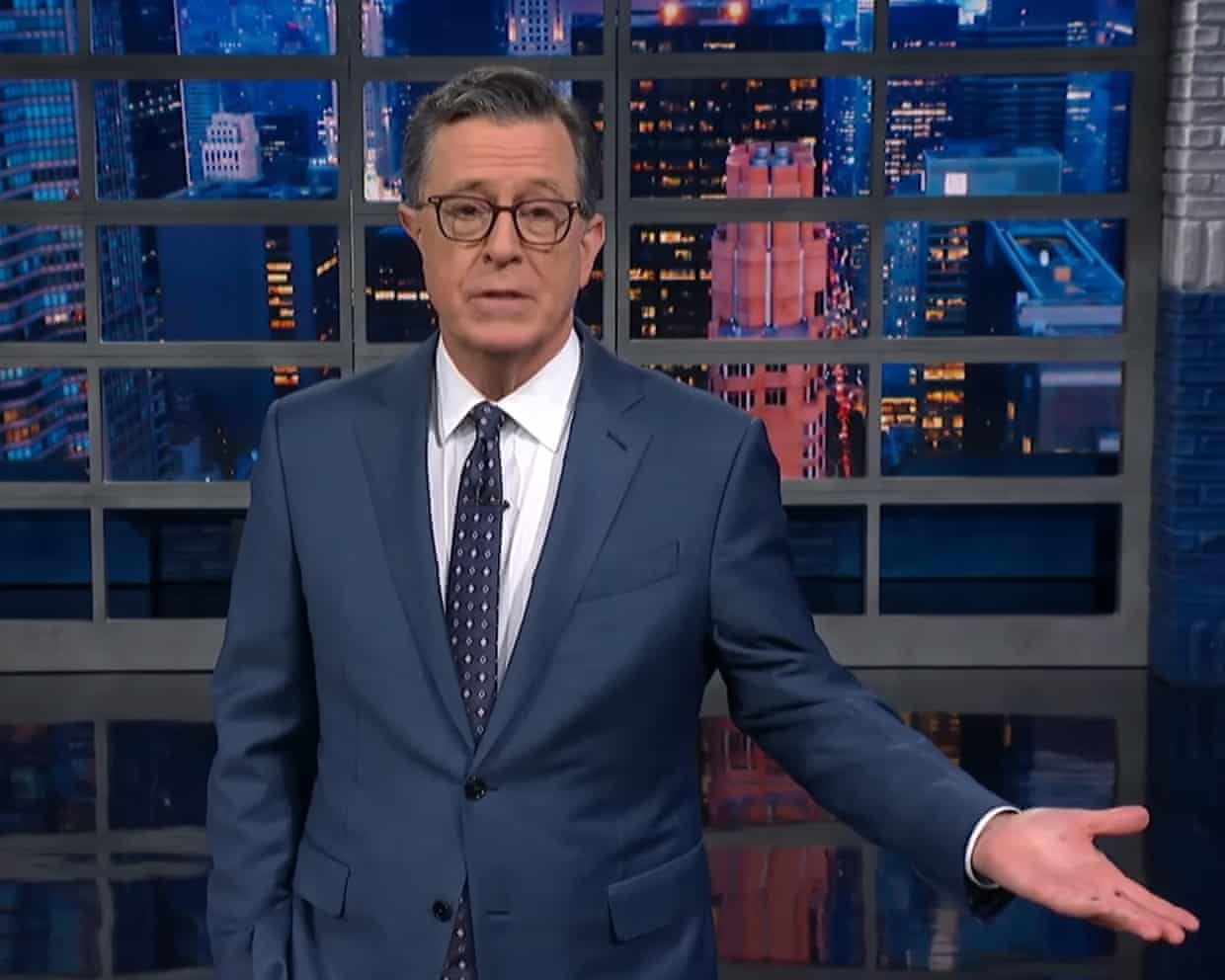
Colbert on Pelosi calling Trump a vile creature: ‘You know who agrees? Most Americans’

De Niro to JLaw: should celebrities be expected to speak out against Trump?
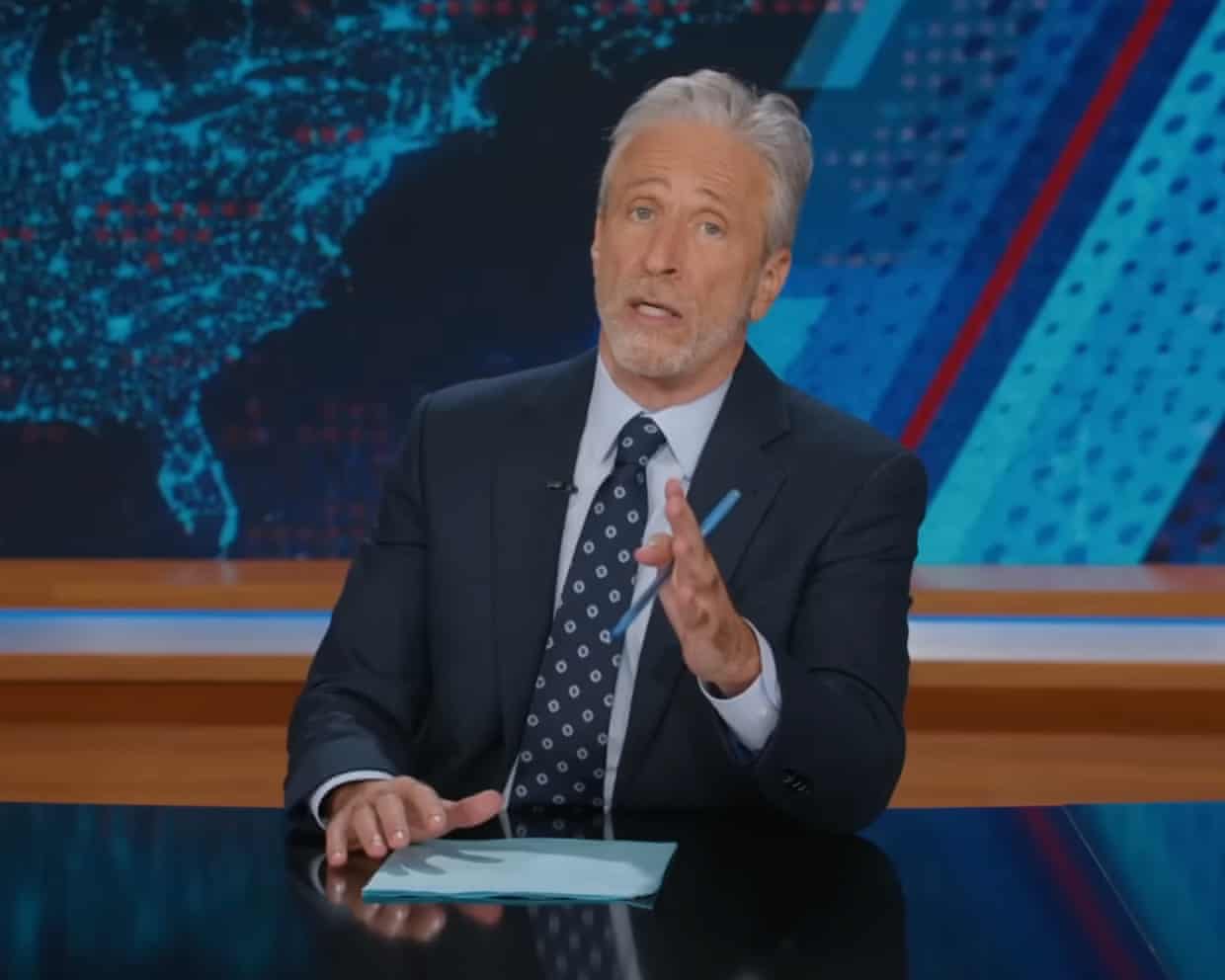
Jon Stewart on Trump’s Gatsby party: ‘The theme was apparently gross income inequality’